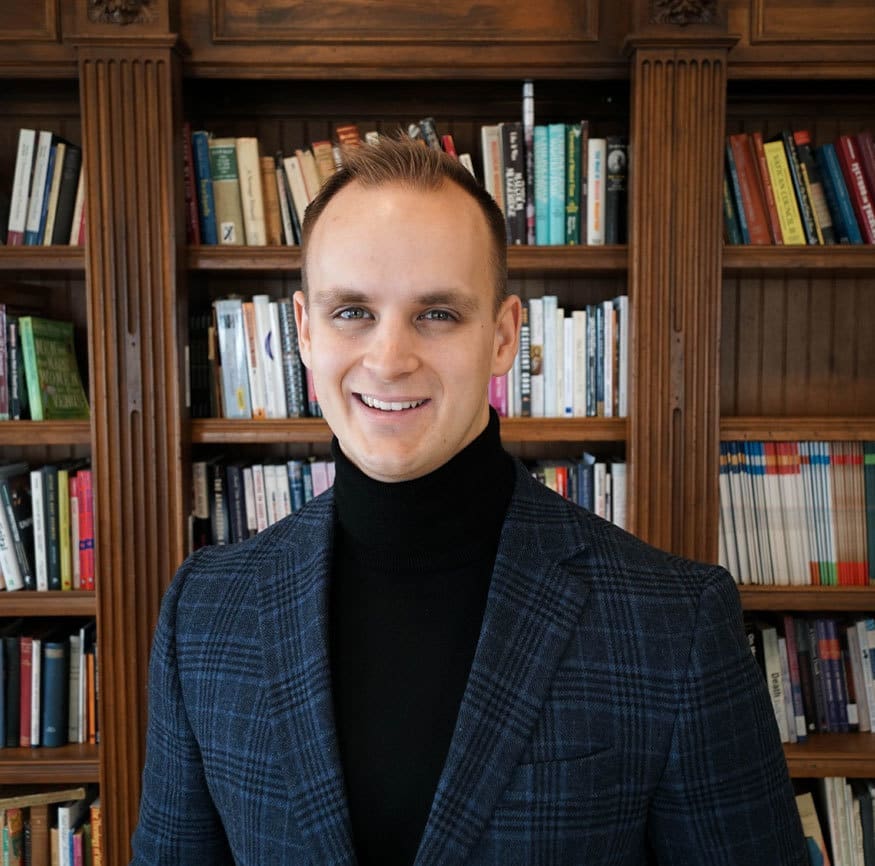In the City of God, St. Augustine observes that common objects of love bind society together and move it toward its end. From this observation, Augustine goes on to criticize the self-centered and base objects of affection held by his pagan contemporaries. Today we face a different problem. It is not so much that we have low common objects of love, but that we have no common objects of love. Modern society does not have a shared vision of the good. Pundits tell us that social cohesion is down while political polarization is on the rise. Making matters worse, people are retreating into rival ideological tribes instead of talking to each other.
The solution to this bleak situation is unclear. Some argue that our society needs a shared vision of the good life. Others think learning to live with difference by fostering respect and tolerance is the answer. Where does freedom of religion, belief, conscience, and human dignity fit in all of this? Coming up with a common vision of the good and tolerating difference requires a respect for freedom of religion and conscience and an understanding of the dignity of the human person.
Identifying the good requires the free exercise of conscience. Conscience is, as Joseph Ratzinger calls it, “the voice of truth” in every person. It is the “encounter” or connection between a person’s inward self and the truth that lies outside of us. With this in mind, conscience rights have a profound civic benefit. For a society to find its common good, it must examine its collective conscience. This is why the Cardus Religious Freedom Institute continues to think seriously about rights of conscience and freedom of religion in our papers and commentary.
Attempts to promote a shared worldview will bring rival ideas into conflict. Therefore, citizens must be able to engage with one another while recognizing the dignity of their interlocutors. For this reason, the CRFI is excited about the Faith in the Future Initiative, a program which recognizes not only that we hold many different beliefs but also that we need to engage one another in these differences if we are to live a common life together. We are also looking forward to our forthcoming paper on human dignity, and our third and final Decretum Symposium, which will explore the concept of human dignity. Both will focus on how our understanding of dignity affects medical ethics, the law, and ultimately how we interact with one another in the public square. We must not forget that arriving at a common love starts with loving our neighbour.
While the Cardus Religious Freedom Institute cannot bring a fragmented society together, we can suggest a way forward. The dignity of the human person, from which freedom of religion and conscience flows, must remain in the forefront for society to be bound together by a shared vision of the good.


